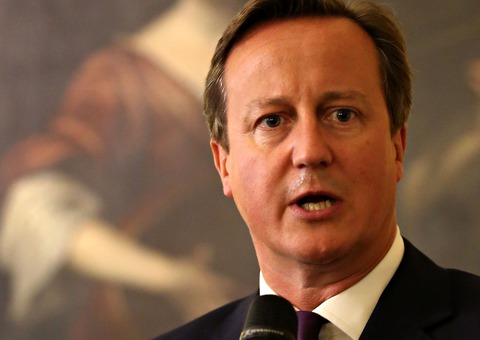Why has David Cameron vanished to Kazakhstan? It takes most prime ministers a second term to flee British politics and seek a career on "the world stage". Cameron is hardly out of a plane these days, usually with a tour party of business cronies and a promise of some vague trade package.
The Kazak dictator for life, Nursultan Nazarbayev, has promised Cameron "£85m in trade deals", in addition to £700m in the pipeline. We must assume, though we have no evidence for it, that such deals could not have been negotiated by businessmen on their own. They required Cameron's personal stamp of approval on an odious regime before signing.
The visit was orchestrated by none other than Tony Blair, in return for the millions of pounds paid by Nazarbayev to Blair to sanitise his disgraceful record. Blair is reportedly consultant to Nazarbayev on "judicial reform, decentralisation and local government". That Blair should be a consultant to anyone on such topics beggars belief. The man has no shame.
Cameron's office added the ritual that "human rights issues will be raised" with the regime. This is reminiscent of Tessa Jowell raising "human rights" with the Chinese politburo during the Beijing Olympics. One can imagine the smirks around the table as the words are apologetically spoken. A Kazakh spokesman duly declared his country "honoured and privileged to have such attention on the part of two prime ministers".
The visit has Blair's fingerprints all over it. Of course Britain must do business with Kazakhstan, but it need not give the regime its political blessing in addition. And if Kazakhstan why not Iran, a country whose democratic credentials are far more robust? Why does Cameron's trip not include equally oil-rich Tehran? The answer is simple. The ayatollahs failed to hire that mercenary of modern diplomacy, Tony Blair.











